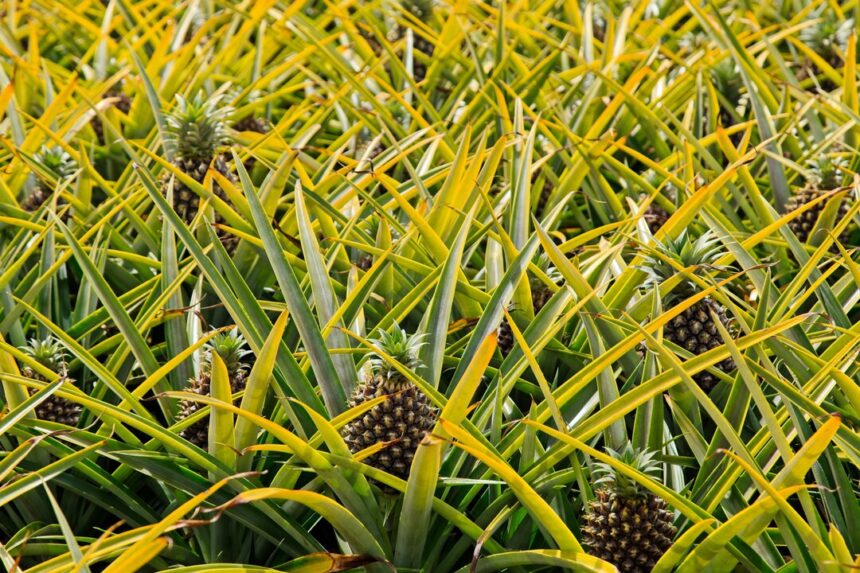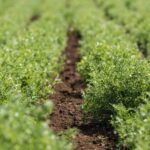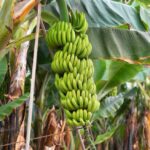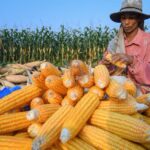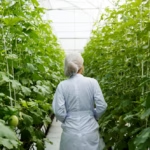Pineapple cultivation is an integral part of South Africa’s agricultural landscape, with the country being a significant producer and exporter of this tropical fruit. To maintain a competitive edge in the global market and meet the increasing demand for high-quality produce, South African pineapple growers must employ techniques that enhance both the quality and yield of their crops. In this article, we’ll explore various strategies and practices for optimizing pineapple cultivation in South Africa, ensuring premium quality and increased productivity.
1. Selecting the Right Variety:
Choosing the appropriate pineapple variety is the first step in enhancing quality and yield. South Africa cultivates several pineapple varieties, each with its unique characteristics in terms of flavor, texture, and resistance to pests and diseases. Growers should select varieties that are well-suited to the local climate, soil conditions, and market preferences to maximize yield and produce fruit of superior quality.
2. Soil Preparation and Management:
Proper soil preparation and management are essential for optimizing pineapple growth and development. Pineapples thrive in well-drained, sandy loam soils with a pH range of 4.5 to 6.5. Prior to planting, growers should conduct soil tests to assess nutrient levels and pH, and amend the soil as necessary with organic matter and appropriate fertilizers to provide essential nutrients for healthy growth.
3. Irrigation and Water Management:
Effective irrigation management is crucial for ensuring adequate moisture levels throughout the pineapple growing season. In South Africa, where water resources may be limited, drip irrigation systems are commonly used to deliver water directly to the plant roots while minimizing water wastage. Timely irrigation scheduling based on soil moisture monitoring and weather conditions helps prevent water stress and optimize fruit yield and quality.
4. Crop Nutrition:
Proper nutrition is essential for promoting vigorous growth, flowering, and fruit development in pineapple plants. Regular fertilization with balanced NPK (nitrogen, phosphorus, and potassium) fertilizers, supplemented with micronutrients such as magnesium, calcium, and sulfur, helps maintain optimal nutrient levels in the soil and ensure healthy plant growth and fruit production.
5. Pest and Disease Management:
Pineapple crops are susceptible to various pests and diseases that can affect plant health and reduce yield and quality. Integrated pest management (IPM) strategies, including cultural practices, biological controls, and judicious use of pesticides, help minimize pest and disease pressure while minimizing environmental impact and ensuring fruit safety and quality.
6. Weed Control:
Effective weed control is essential for reducing competition for water, nutrients, and sunlight and optimizing pineapple yield and quality. Mechanical methods such as hand weeding or mechanical cultivation, as well as mulching with organic materials, help suppress weed growth and maintain a clean and weed-free growing environment.
7. Proper Plant Spacing and Density:
Optimal plant spacing and density are critical for maximizing yield and quality in pineapple cultivation. Spacing pineapple plants too closely can lead to overcrowding, reduced airflow, and increased competition for resources, resulting in lower yields and increased susceptibility to pests and diseases. Adequate spacing and uniform plant density help optimize sunlight penetration and air circulation, promoting healthy growth and fruit development.
8. Flower Induction and Fruit Set:
Inducing flowering and ensuring proper fruit set are crucial steps in pineapple cultivation. Growers can promote flower induction by applying ethylene gas or calcium carbide to pineapple plants or exposing them to natural stressors such as drought or cool temperatures. Proper nutrition, irrigation, and pollination practices help ensure optimal fruit set and development, leading to higher yields and better fruit quality.
By implementing the techniques and practices outlined above, South African pineapple growers can enhance the quality and yield of their crops, ensuring premium-quality fruit that meets market demands and consumer preferences. With careful attention to soil management, irrigation, nutrition, pest and disease control, and cultural practices, pineapple growers can optimize production efficiency, reduce environmental impact, and sustainably increase profitability in the pineapple industry. Through continuous innovation and adaptation to changing market dynamics, South Africa’s pineapple sector can thrive and maintain its position as a leading producer and exporter of high-quality pineapples on the global stage.


